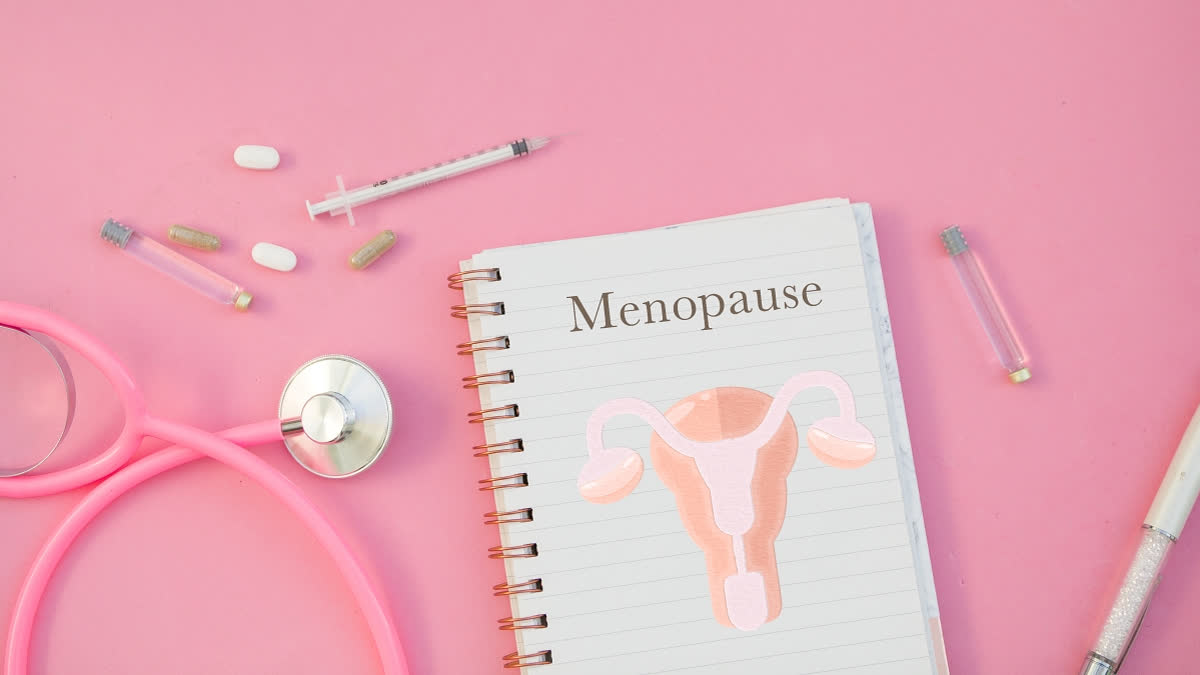Menopause is a natural and inevitable stage in every woman’s life, typically occurring between the ages of 45 and 55. However, the physical and emotional changes that accompany menopause can significantly impact many aspects of daily life. Menopause is defined as the point 12 months after your last menstrual period, marking the end of your reproductive years. After this, pregnancy is no longer possible unless specialized fertility treatments are used.
According to a study published in Scientific Reports, around 15% of Indian women are currently experiencing menopause. The prevalence is higher in rural areas than in urban regions, with premature menopause occurring more frequently in rural women (5%) than urban women (3%). The transition into menopause, known as perimenopause, often starts with changes in the menstrual cycle.
This phase continues until one year after the last period, with postmenopausal symptoms often persisting for years. These changes can disrupt personal and professional lives, as menopause brings about both physical and emotional challenges. Here are 7 important facts about menopause to help better understand the process, prepare mentally, and manage symptoms:
Right Time to Experience Menopause:
While menopause can happen at any time, most women naturally experience it in their early 50s. Early menopause refers to onset before age 45, and premature menopause occurs before age 40. Factors like genetics, lifestyle choices, epilepsy, surgery, smoking, and alcohol use can contribute to early or premature menopause.
Pregnancy During Perimenopause:
Pregnancy is still possible during perimenopause, even after age 40. Until you’ve gone a full 12 months without a period, there’s still a chance of becoming pregnant. If you have occasional periods, even once every six months, pregnancy is still possible.
7 important facts about menopause to help you better understand the process (Getty Images) Hot Flashes and Menopause:
Hot flashes are the most common symptom of menopause and can persist for up to 14 years after menopause. These are caused by a decrease in estrogen levels. To reduce hot flashes, try carrying a portable fan, avoiding alcohol, spicy foods, and caffeine, and maintaining a healthy weight.
Menopause and Sexual Health
During perimenopause, vaginal tissues become drier and thinner, which can make sex painful and reduce sexual interest. However, a fulfilling sex life is still possible. Consult with your healthcare provider for solutions, and explore new ways to maintain intimacy with your partner, especially as concerns about menstruation and pregnancy fade.
Weight Gain During Menopause
Weight gain is common during menopause, affecting at least half of women. Hormonal changes, ageing, lifestyle habits, and genetics all play a role. To manage weight, focus on regular exercise, a healthy diet, stress management, reducing alcohol intake, and quitting smoking.
Menopause and Bone Health
Bone health becomes a critical concern during menopause. Women can lose up to 10% of their bone density in the first five years after menopause due to declining estrogen levels. To prevent bone loss, incorporate calcium and vitamin D into your diet.
Self-Care Tips for Managing Menopause Symptoms
Adopting a healthy diet and making lifestyle adjustments can ease menopause symptoms. Some strategies include:
- Eat more fruits and vegetables: They help prevent diseases and support weight management.
- Avoid sugary, spicy foods, caffeine, and alcohol: These can trigger hot flashes, night sweats, and mood swings.
- Regular Exercise: Exercise, including Pilates and simple daily activities, can help alleviate symptoms like poor sleep, anxiety, low mood, and fatigue. Regular physical activity is essential for overall well-being during menopause.
